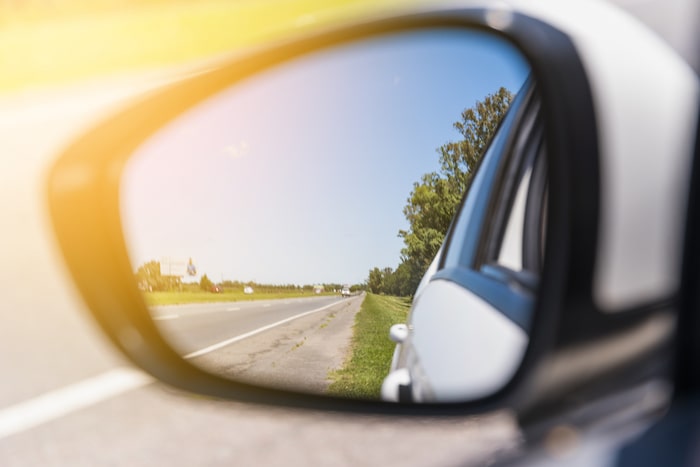Getting into any car accident is awfully stressful. When your car is totaled, it’s even worse. And what if you still owe money on the car? It can be a complete nightmare… unless you’re prepared with GAP insurance.
What Is GAP Insurance?
GAP, or Guaranteed Auto Protection, insurance is a type of optional car insurance that can cover you in exactly the situation described above. You see, when your car is totaled in an accident and you still owe money on it, that debt doesn’t go away.
Of course, you’ll receive funds for your totaled car, but they are often not nearly enough to cover what you owe, especially if you bought a new car and it is fairly early on in your loan. New vehicles depreciate extremely quickly, which can leave you holding the bag if your car gets totaled.
No one wants to pay for a car that they can’t even drive anymore, right? That’s where GAP insurance comes in. It covers the difference between the amount you receive from your regular policy due to the vehicle being a total loss and what you owe to the dealership or finance company for your car.
What If I Pay My Car Off Early?
If you pay your vehicle off ahead of schedule, you’ll be eligible for a GAP refund, most likely. That’s because GAP insurance is typically paid in full upfront, either baked into your dealership paperwork or through your lender. If you pay monthly installments, you won’t get a refund, but this is rare.
Calculating Your GAP Refund
If you paid upfront for GAP coverage and you’ve finished paying your car off ahead of schedule, it’s time to figure out how much you’ll be refunded! Your refund will be prorated so that the premiums paying for the part of the loan term that you no longer need coverage for will be returned.
For example, let’s say your car was financed over five years. You manage to pay it off in two years. That means that your GAP insurance is no longer necessary. You paid for five years, but you only needed it for two, so your refund should represent three years’ worth of the premiums you’ve already paid. Likewise, if you sell a vehicle or refinance it, you may be eligible for a GAP refund.
Is My Refund Automatic?
Some lenders will check upon payoff to see if you are due a GAP refund, but it’s not a good idea for you to count on that. You should take responsibility for following up to ensure that you get your GAP refund in a timely manner.
Will I Get My Gap Refund Immediately?
Most companies will not begin processing your refund until you request it, which is why it’s so important that you follow up on it yourself. Even after you’ve requested it and provided any necessary documentation, there is typically a 4 week hold to make sure that everything is on the up and up. Only then will they mail your check.
So, usually, it will take four to six weeks for your check to arrive, from the date that you notified the company that you were eligible for a GAP refund.
Does Everyone Need Gap Insurance?
No, if you don’t owe more on your vehicle than it’s worth, you really don’t need to invest in GAP insurance. This might be the case if you bought a used vehicle and put down a large down payment. But if you do owe more than it’s worth, GAP insurance can be a lifesaver!

